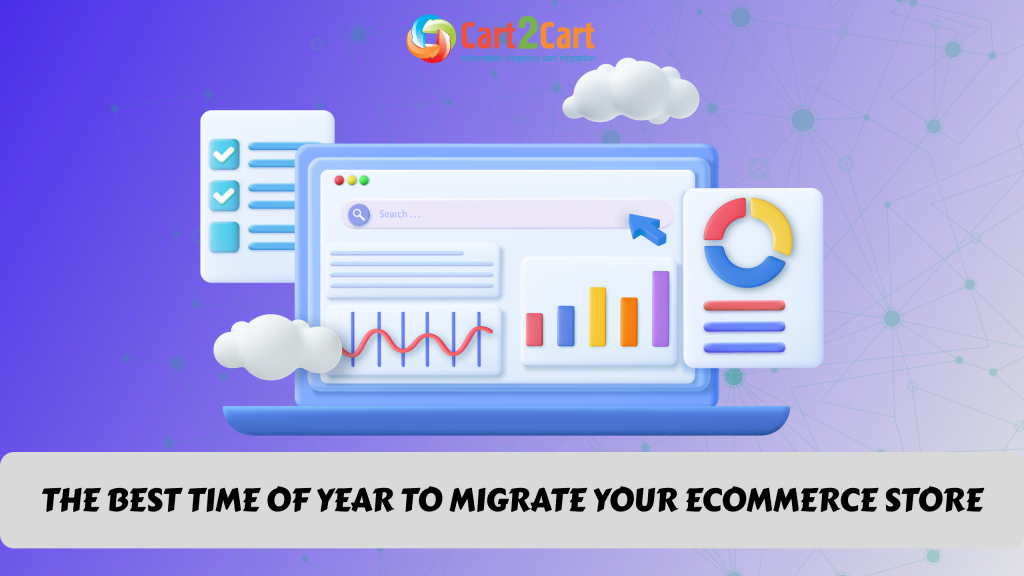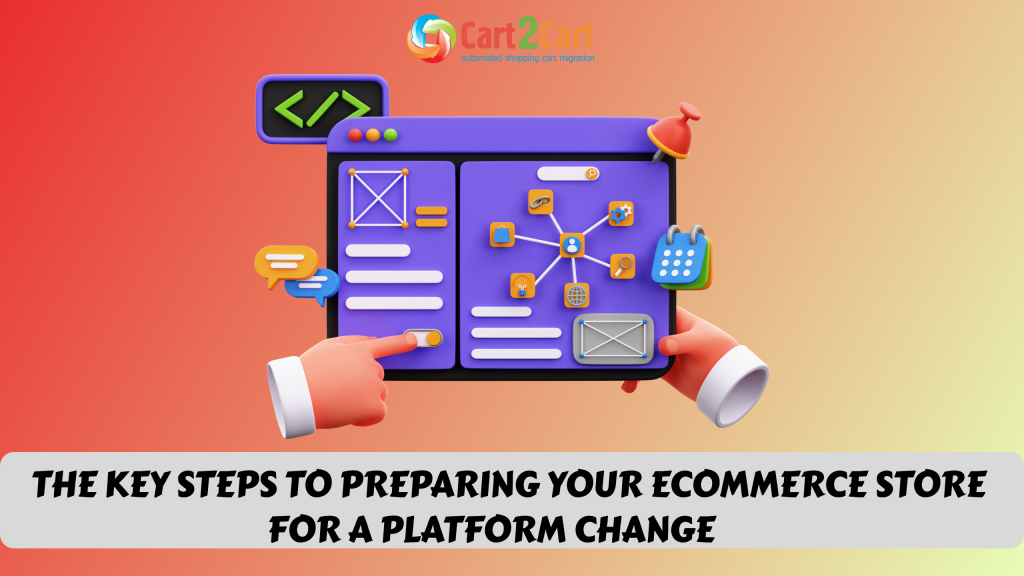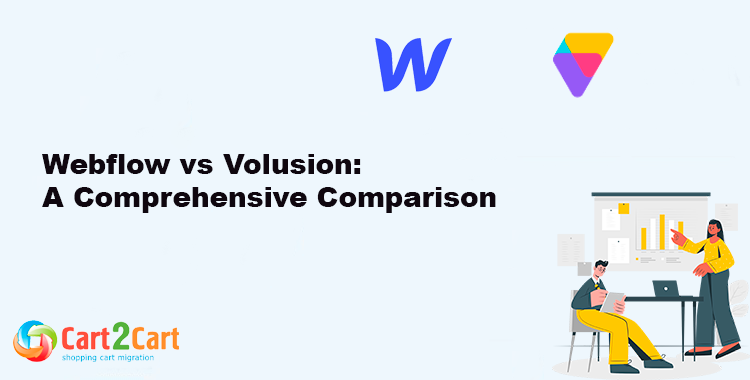
When it comes to building a website or an online store, choosing the right platform can be a daunting task. Among the myriad of options available today, Webflow and Volusion stand out as two popular choices, each catering to different needs and audiences. This article will provide a thorough comparison of Webflow vs Volusion, helping you understand which platform aligns better with your business goals.
Overview to Webflow and Volusion
Webflow and Volusion are powerful web development platforms that cater to different business needs. Webflow is known for its flexibility and design-centric approach, allowing users to create responsive websites without extensive coding knowledge. It offers a visual editor, CMS capabilities, and eCommerce features, making it ideal for designers and creative professionals. On the other hand, Volusion focuses primarily on eCommerce, providing users with a robust set of tools to build and manage online stores. With features like inventory management, payment processing, and marketing integrations, Volusion is tailored for businesses looking to sell products online. Both platforms provide unique benefits, making them suitable for different types of users and business models.
What is Webflow?
Webflow is a design-centric platform that allows users to build responsive websites without needing extensive coding knowledge. It combines design, development, and content management into one powerful tool, making it an excellent choice for designers and developers who want full control over their site's look and functionality.
What is Volusion?
Volusion, on the other hand, is an eCommerce-focused platform designed to help businesses create and manage online stores. With built-in shopping cart features, product management tools, and payment processing options, Volusion is ideal for entrepreneurs looking to launch an online retail business quickly.
Webflow vs Volusion: Key Features
To effectively compare Webflow and Volusion, we must look at their key features and functionalities. Below is a comparison table highlighting the main aspects of both platforms.
|
Feature |
Webflow |
Volusion |
|
Type of Platform |
Website Builder |
eCommerce Platform |
|
Design Flexibility |
High (Custom CSS, animations) |
Moderate (Templates available) |
|
Ease of Use |
Moderate (Requires learning curve) |
Easy (User-friendly interface) |
|
E-commerce Features |
Basic (Custom integrations needed) |
Advanced (Built-in tools) |
|
SEO Capabilities |
Excellent (Custom meta tags, etc.) |
Good (Basic SEO tools) |
|
Pricing |
Pay as you go, starts at $12/month |
Starts at $29/month |
|
Customer Support |
Community forums, email support |
24/7 support via chat and phone |
Design and Customization
When comparing Webflow vs Volusion, one of the most significant differences lies in design flexibility. Webflow offers designers the ability to create unique, visually stunning websites with a high degree of customization. Users can manipulate layouts and elements using a visual editor, and the platform supports custom code, giving advanced users the freedom to enhance their sites further.
In contrast, Volusion provides a more structured approach with pre-designed templates. While users can customize these templates to a degree, they lack the same level of design freedom that Webflow offers. This can be a limitation for businesses that want a distinctive online presence.
E-commerce Functionality
E-commerce capabilities are another critical aspect to consider in the Webflow vs Volusion debate. Volusion excels in this area, providing a comprehensive suite of e-commerce features out of the box. These include inventory management, integrated payment gateways, and marketing tools tailored for online sales. Businesses can quickly set up an online store without needing additional integrations.
Webflow, however, requires more effort for e-commerce functionality. While it offers basic e-commerce features, businesses may need to rely on third-party integrations to achieve a fully functional online store. This can be a drawback for those looking for an all-in-one solution.
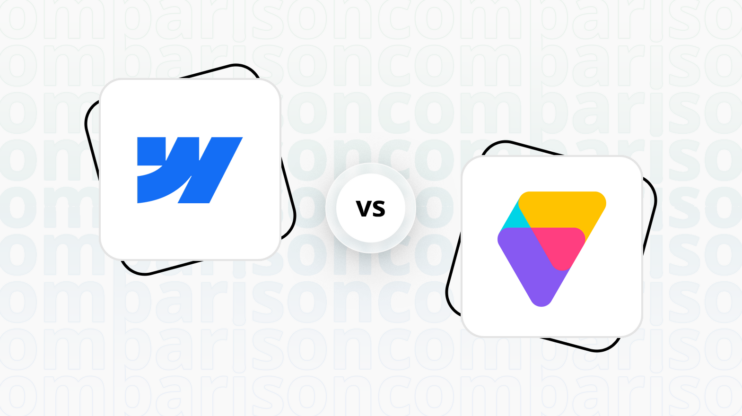
SEO and Marketing
In today's digital landscape, choosing the right platform for your online business is crucial for success. Webflow offers a powerful design tool that empowers users to create stunning, responsive websites without extensive coding knowledge. Its intuitive interface and customizable templates make it ideal for marketers looking to enhance their brand's online presence. On the other hand, Volusion provides a comprehensive e-commerce solution, enabling businesses to manage their products, process payments, and track customer engagement seamlessly. By integrating SEO best practices with these platforms, businesses can optimize their sites for search engines, driving more traffic and conversions. Whether you’re building a brand new website or enhancing an existing e-commerce store, leveraging the strengths of Webflow and Volusion can elevate your marketing strategy and streamline your online operations.
SEO Capabilities
In the battle of Webflow vs Volusion, both platforms have their strengths in SEO. Webflow shines with its advanced SEO capabilities. Users can set custom meta tags, alt texts, and URLs for their pages, providing better optimization for search engines. Additionally, Webflow's clean code structure can contribute to faster loading times, which is crucial for SEO.
Volusion also provides essential SEO tools, such as automatic sitemaps and customizable URLs. However, it may not offer the same level of control and flexibility as Webflow, which could be a consideration for businesses heavily focused on organic search traffic.
Marketing Tools
Volusion includes built-in marketing tools, such as email marketing integrations, social media sharing options, and promotional features like discount codes. This makes it easier for e-commerce businesses to reach their target audience and drive sales.
Webflow, while it supports basic marketing features, typically relies on external tools for comprehensive marketing solutions. Businesses using Webflow may need to integrate with services like Mailchimp or Google Analytics to track their marketing efforts effectively.
Pricing Comparison
Understanding the pricing structures is essential when choosing between Webflow vs Volusion.
- Webflow offers a flexible pricing model, where users can select plans based on their needs. The basic plan starts at $12 per month for simple sites, but e-commerce functionality comes at a higher cost, starting at $29 per month.
- Volusion, on the other hand, has straightforward pricing tiers, starting at $29 per month for the basic plan, which includes essential e-commerce features. Higher tiers unlock more advanced functionalities, but users must commit to a monthly subscription.
While Webflow can be cost-effective for simple websites, businesses looking for a robust e-commerce solution may find Volusion’s all-inclusive pricing more appealing.
Pros and Cons of Webflow vs Volusion
Webflow Pros and Cons
Pros:
- High level of design customization
- Excellent SEO capabilities
- Great for designers and developers
- Responsive design features
Cons:
- Steeper learning curve for beginners
- Limited built-in e-commerce functionality
- May require additional costs for full e-commerce features
Volusion Pros and Cons
Pros:
- Comprehensive e-commerce features
- User-friendly interface
- Built-in marketing tools
- 24/7 customer support
Cons:
- Less design flexibility compared to Webflow
- Pricing can escalate with higher plans
- Limited SEO capabilities compared to Webflow
Use Cases: When to Choose Webflow or Volusion
When deciding between Webflow and Volusion, consider the specific needs of your project. Webflow is ideal for designers and developers who prioritize creative control and want to build highly customizable, responsive websites without extensive coding knowledge. It’s perfect for portfolios, landing pages, and businesses that require unique visual elements and animations. On the other hand, Volusion is tailored for e-commerce businesses seeking an all-in-one solution. It offers robust inventory management, built-in payment processing, and marketing tools, making it suitable for entrepreneurs looking to establish an online store quickly and efficiently. Ultimately, your choice should align with your project goals, technical expertise, and the level of design flexibility you require.
When to Choose Webflow
If your primary goal is to create a visually stunning website that stands out, Webflow is an excellent choice. It’s ideal for designers or businesses that prioritize aesthetics and want to create a unique online experience. Additionally, if you require advanced SEO features and control over your site’s design, Webflow should be at the top of your list.
When to Choose Volusion
If your main focus is e-commerce and you want a platform that simplifies the process of setting up and managing an online store, Volusion is the better option. With built-in e-commerce tools and support, it allows you to focus on selling without getting bogged down in technical details. It’s also suitable for businesses looking for a user-friendly interface with reliable customer support.
FAQ
What is the primary difference between Webflow and Volusion?
The primary difference lies in their focus and functionality. The Webflow website builder is primarily a design tool that allows users to create highly customizable websites, while Volusion is an eCommerce platform designed to help businesses set up and manage eCommerce stores. If you prioritize design flexibility and aesthetics, Webflow is ideal; if you need comprehensive eCommerce features, Volusion is the better choice among ecommerce website builders.
Can I sell products on Webflow?
Yes, you can sell products on Webflow, but it requires additional setup. Webflow offers basic eCommerce functionality, allowing you to create an online store, but you may need to integrate with third-party tools for advanced features like inventory management and payment processing. If you're looking for an out-of-the-box solution for eCommerce, Volusion might be more suitable compared to other website builders. If you have an existing site and want to incorporate eCommerce features, Webflow can be a good option, but consider its integration capabilities.
Which platform is better for SEO?
Webflow generally offers better SEO capabilities compared to Volusion. It allows for custom meta tags, clean code, and more control over your site's SEO settings, which can lead to improved search engine rankings. While Volusion provides basic SEO tools, it may not offer the same level of customization and optimization options as Webflow. Additionally, users of Google Sites may find that Webflow enhances their SEO performance compared to their existing website.

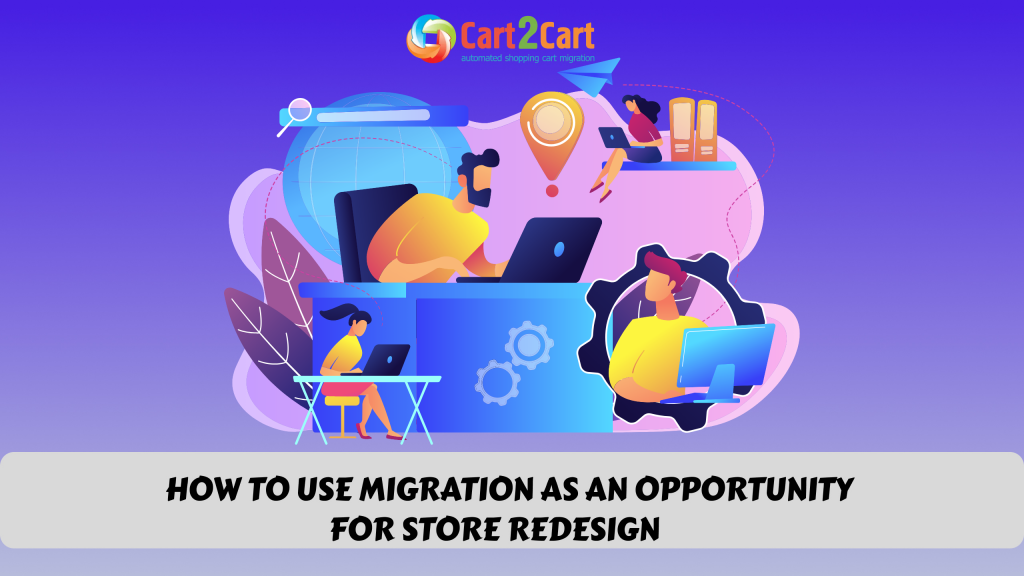
 March 31, 2025
March 31, 2025 
